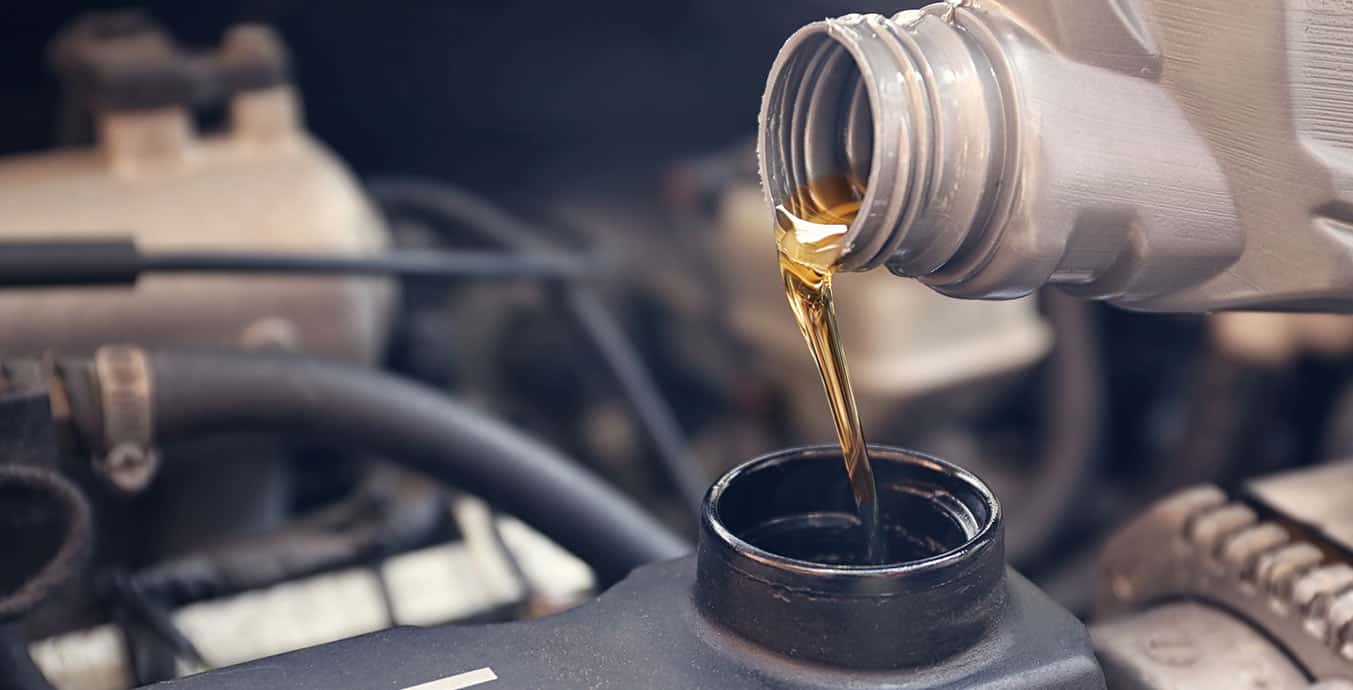
Valve, rotor, key, and slide oils are different types of lubricant commonly associated with maintaining brass musical instruments and other types of equipment. Each oil is specifically designed to service the component its name is derived from, however, in many cases the key roles that these oils perform ultimately remain the same. In this blog, we’ll take a closer look at these built-for-purpose lubrication solutions.
What do valve, rotor, key and slide oils have in common?
All four of these specialist oils are designed to lubricate working mechanisms to ensure that they can move freely to perform their function. When working, valves, rotors, keys and slides involve moving metal parts which make contact with one another. Oils coat working parts in a lubricating film so that when moving, any imperfections in the metal (known as asperities) do not create friction. Along with helping movement of parts, the oil also reduces wear on their surfaces at the points, as well as damage caused by heat.
Each of these oils is also designed to protect parts from corrosion and contaminants. The oils are designed to seal parts from dirt and grime, but also water which can lead to rust and other harmful processes taking root.
Most of these specialist oils are made using a mineral base oil which is then infused with a small number of additives to enhance the product performances. However, today you can also find an increasing number of synthetic oils available that are designed to fulfil the same role.
What makes valve, rotor, key and slide oils different from one another?
What makes these oils differ is that that each is engineered for use with the specific mechanical component it is assigned to. While in some cases these oils may be very similar in their formulation and the jobs they perform, viscosity of products can vary to suit specific metals and movements, among other requirements. Slide oils differ in the way that rather than using a mineral oils base, they typically have a petroleum-based oil and often take the form of a grease.
Valve and rotor oils
Valve oil refers to a lubricant formulated specifically for valves of brass instruments. Designed to lubricate the internal moving parts of a valve, the oil also provides protection against corrosion for the exposed metal surfaces of the inner valve. While a rotor valve is made of a metal that has a higher resistance to corrosion, its inner valve casing is usually made of bare brass. Outer surfaces are usually plated or lacquered for protection, but inner parts have no defence. For this reason, the oil acts as a seal between the valve’s casing and the rotor.
While clean and unoiled valves in a well-maintained instrument or item of equipment should be able to move with minimal force, the inside of such machinery can be an inhospitable environment for delicate components like valve mechanisms. When warm and moist air enter, it crates condensation and alters the metal’s temperature causing valves to bind and become stuck, reducing, or ceasing functionality entirely.
The two main valve types are piston and rotor. Oils are available designed specifically for each. The main difference between these oils is viscosity, although synthetic oils offer some additional properties. These include compatibility with other oils, slower evaporation levels for reduced oiling, and lower dissipation rates.
An additional advantage of some synthetic oils is that they don’t act as thinners for slide greases avoiding slide greases fouling valves. Finally, synthetic oils are available with high viscosity, which can increase valve compression and enhance how instruments and equipment with worn valves work, returning mechanical components to an operable condition.
What are key oils?
Key oils are viscous lubricants applied to keys of musical instruments and other types of equipment. They are designed to protect the surface of the key from friction to avoid abrasion and wear. Key oils also create a thin layer of protection that preserves the components they serve from oxidation and corrosion. Key oil should only be applied in small amounts approximately every two to three months.
Available as either a mineral or synthetic oil, the viscosity of these lubricants will vary between products. When serving music instruments, low viscosity key oils are reserved for smaller instruments, while larger instruments typically require a heavy or high-viscosity lubricant.
What are slide oils?
Slide oils are petroleum-based oils that are applied to a slide component. A slide oil can also work well for rotary and piston valves that are enclosed and possess a relatively small working mechanical area. However, instruments and equipment with a slide which is continuously exposed to air requires constant reapplications as oil often evaporates from the inner slide causing friction and poor operation.
The valve, rotor, key or slide oil used to service equipment and instruments should always be the products recommended by the original equipment manufacturer (OEM).








































